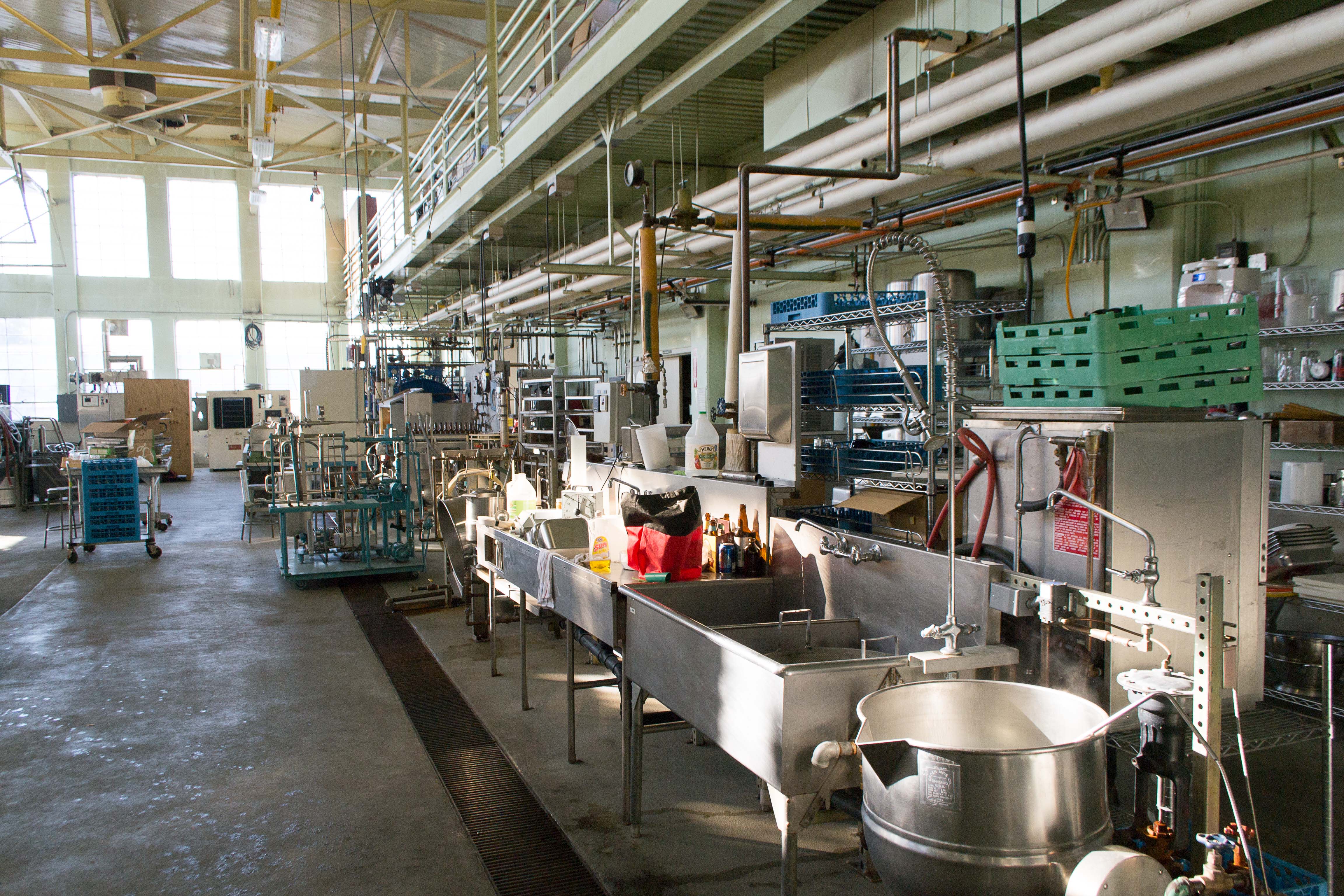
Photo from academic.microsoft.com
The strengthening effect of a mild temperature treatment on the antimicrobial efficacy of essential oils has been widely reported, often leading to an underestimation or a misinterpretation of the product’s… Click to show full abstract
The strengthening effect of a mild temperature treatment on the antimicrobial efficacy of essential oils has been widely reported, often leading to an underestimation or a misinterpretation of the product’s microbial status. In the present study, both a traditional culture-based method and Flow Cytometry (FCM) were applied to monitor the individual or combined effect of Origanum vulgare essential oil (OEO) and mild heat treatment on the culturability and viability of Escherichia coli in a conventional culture medium and in a fruit juice challenge test. The results obtained in the culture medium showed bacterial inactivation with an increasing treatment temperature (55 °C, 60 °C, 65 °C), highlighting an overestimation of the dead population using the culture-based method; in fact, when the FCM method was applied, the prevalence of injured bacterial cells in a viable but non-culturable (VBNC) state was observed. When commercial fruit juice with a pH of 3.8 and buffered at pH 7.0 was inoculated with E. coli ATCC 25922, a bactericidal action of OEO and a higher efficiency of the mild heat at 65 °C for 5′ combined with OEO were found. Overall, the combination of mild heat and OEO treatment represents a promising antimicrobial alternative to improve the safety of fruit juice.
Journal Title: Foods
Year Published: 2022
Link to full text (if available)
Share on Social Media: Sign Up to like & get
recommendations!